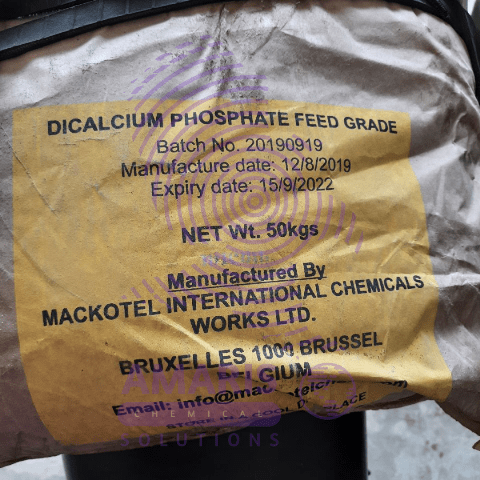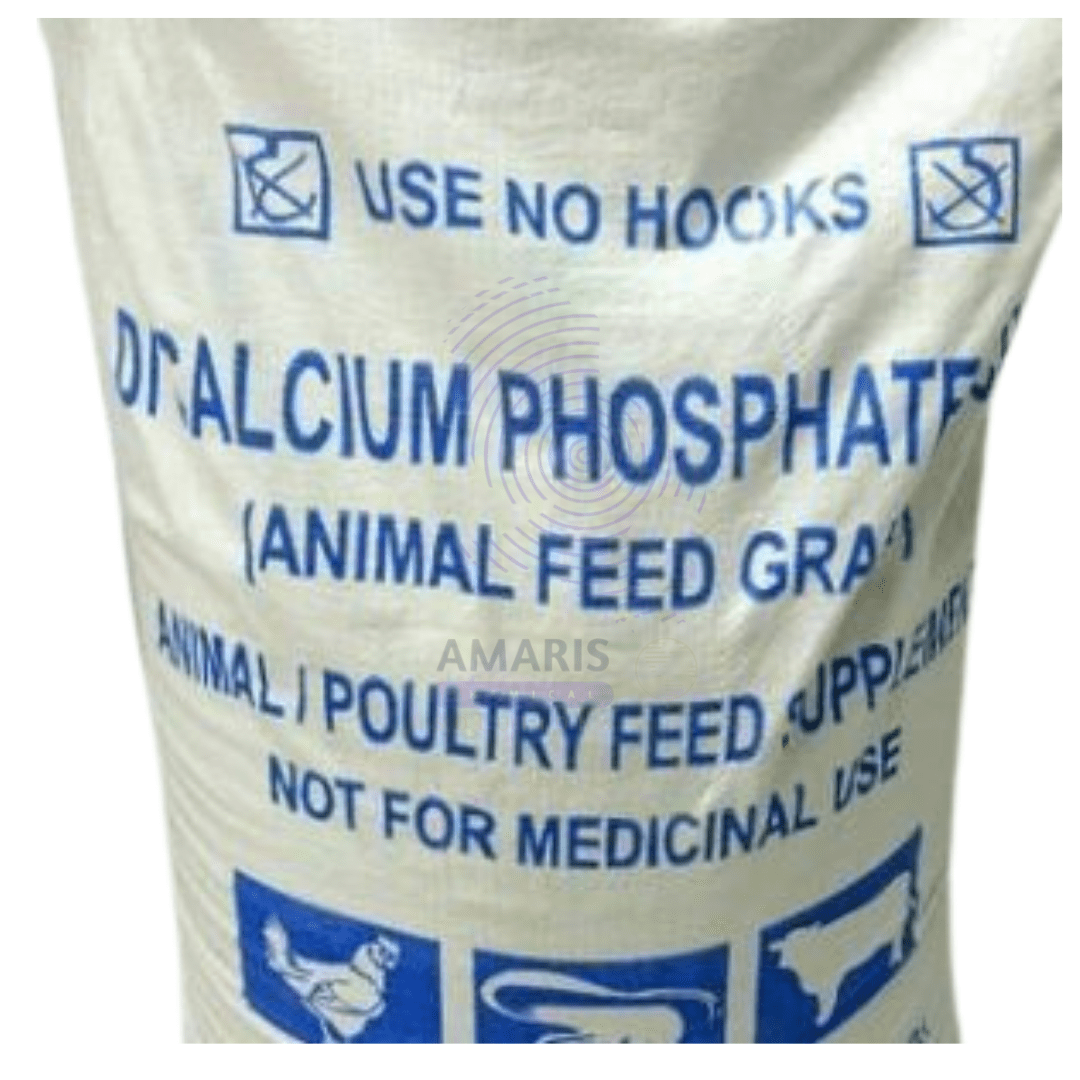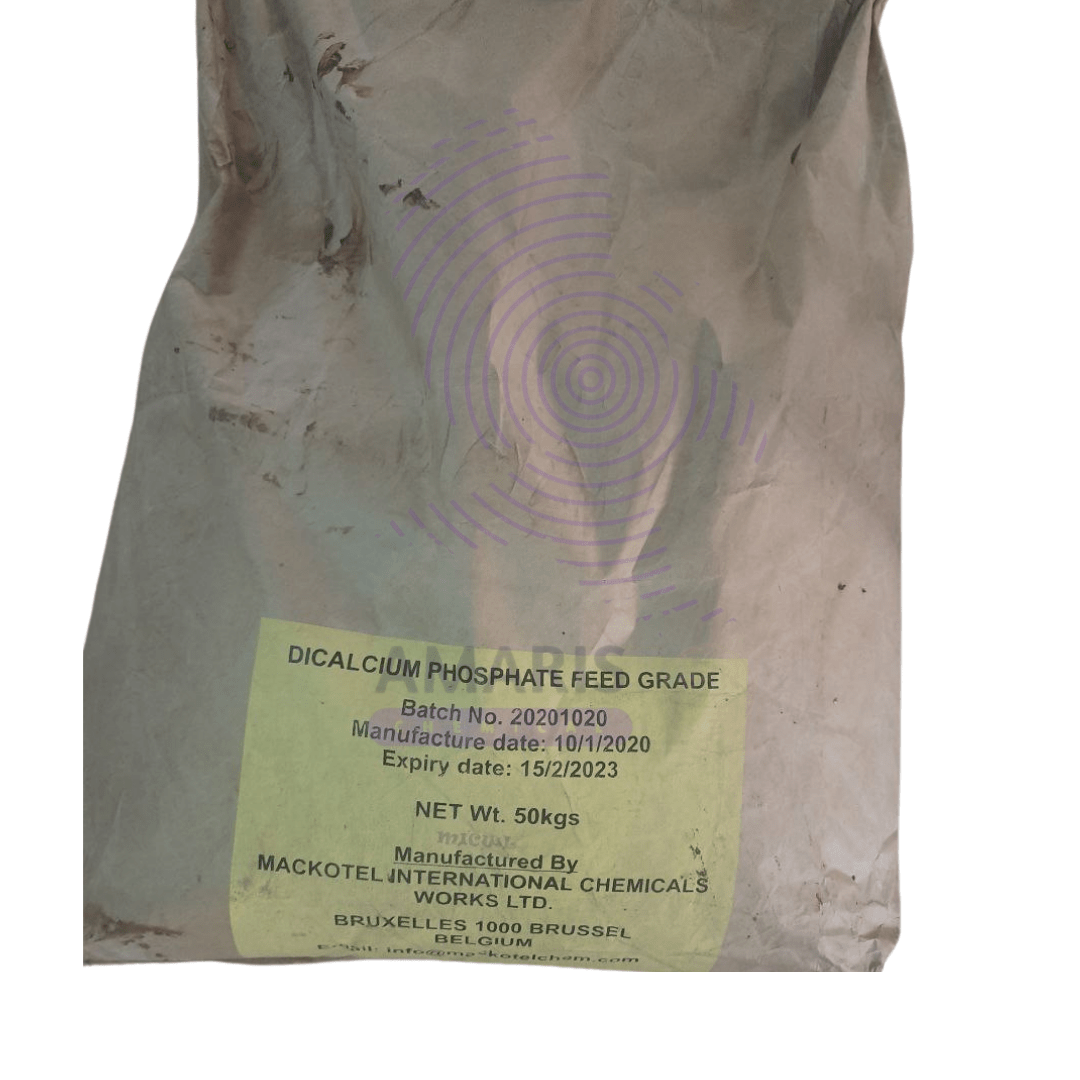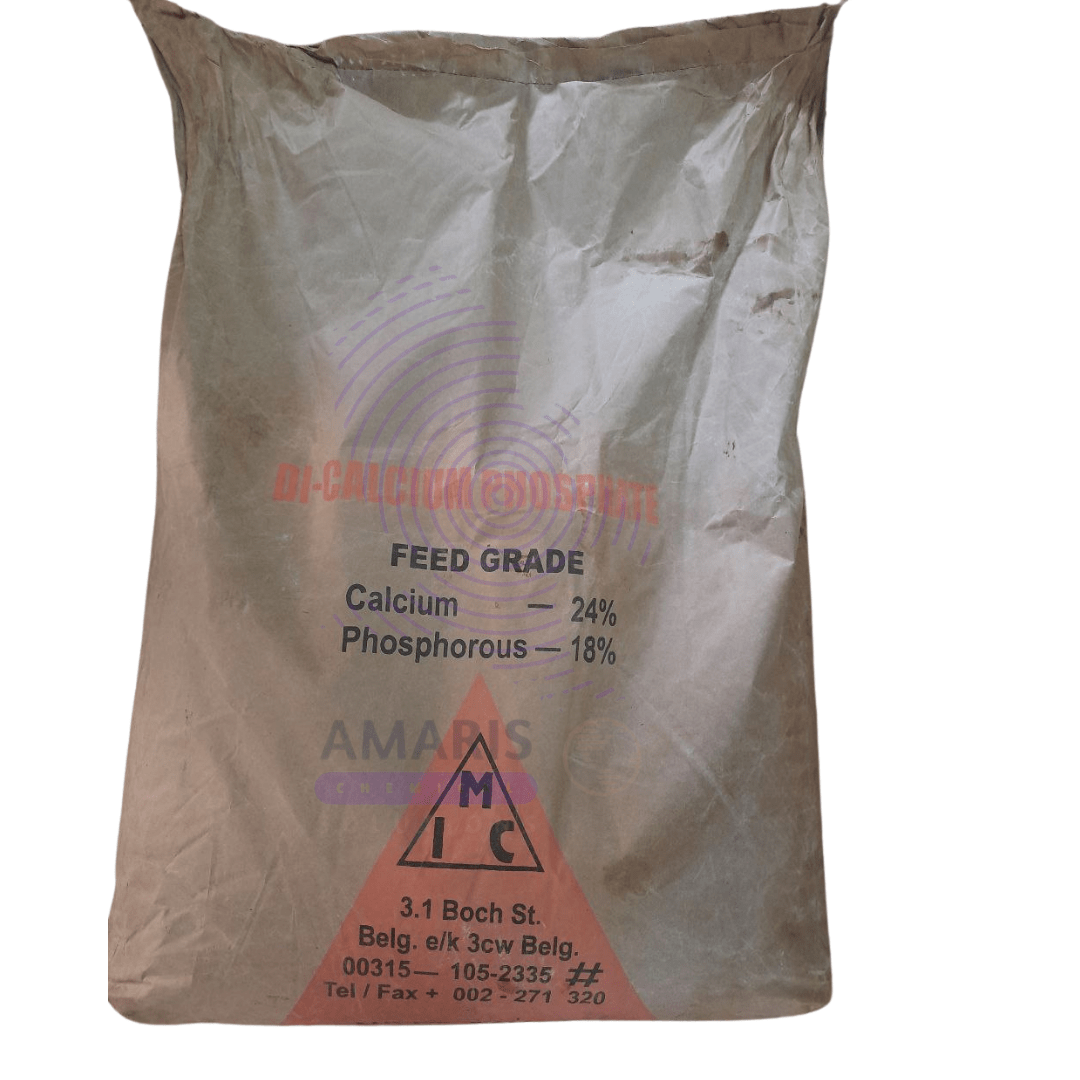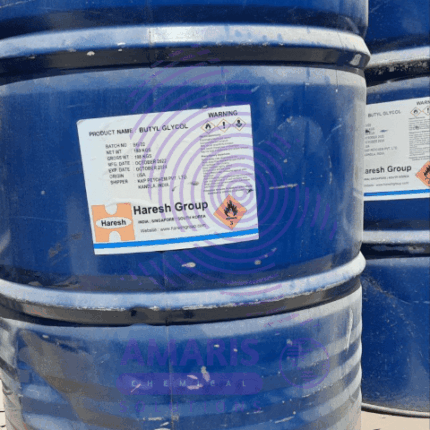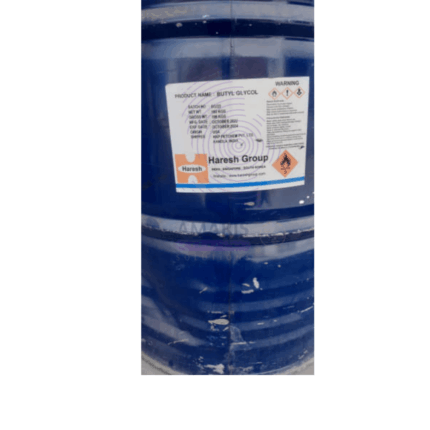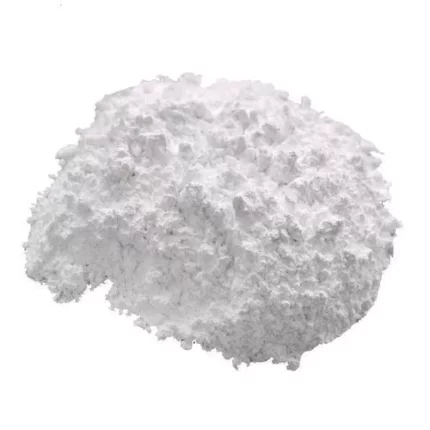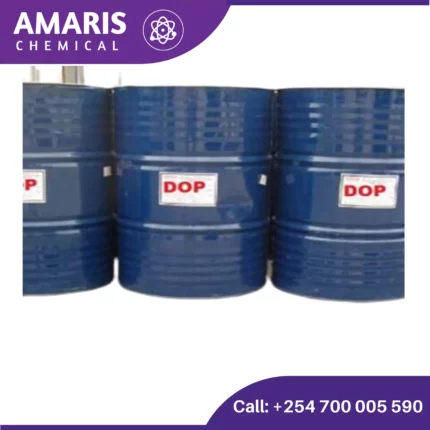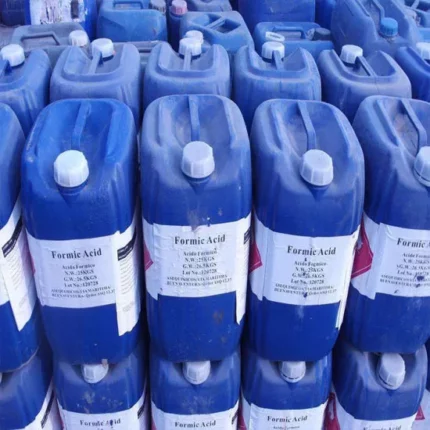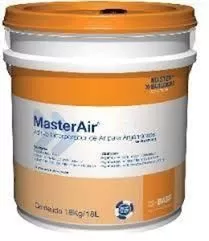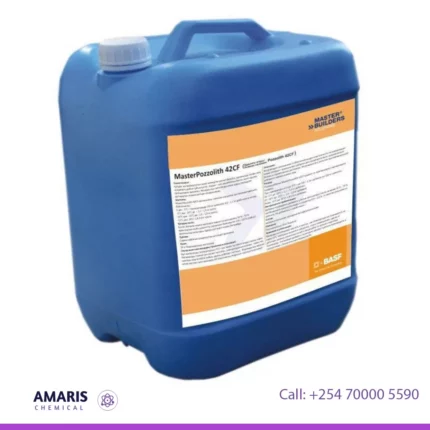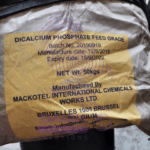
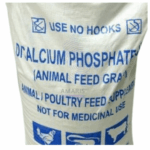
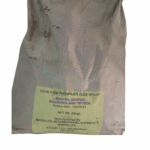
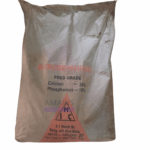
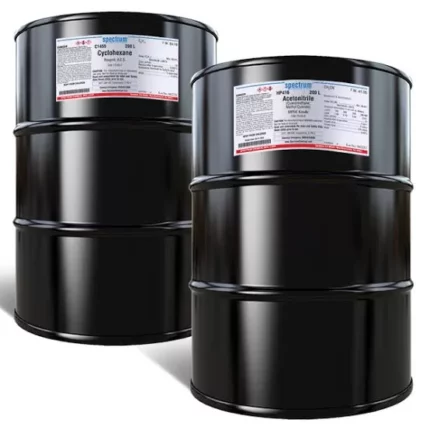
Cyclohexanone 180kg
$80,500.00 Original price was: $80,500.00.$80,200.00Current price is: $80,200.00.
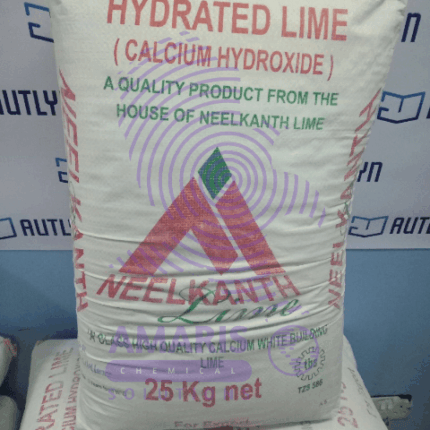
Calcium Hydroxide(Hydrated lime) 25kg
$3,500.00 Original price was: $3,500.00.$3,000.00Current price is: $3,000.00.
Dicalcium phosphate 25kg
$6,800.00 Original price was: $6,800.00.$5,800.00Current price is: $5,800.00.
Whatsapp Order
Dicalcium phosphate is a chemical compound with the formula CaHPO4. It is commonly used as a dietary supplement for its high calcium content, as well as a food additive and a pharmaceutical excipient. Dicalcium phosphate can be produced by reacting calcium carbonate or calcium hydroxide with phosphoric acid. It exists in various forms, including anhydrous and dihydrate, and is commonly used in the production of fertilizers, animal feed, and dental products.
SKU:
ACS99773CHEM0
Category: OTHERS
Description
Dicalcium phosphate has several major uses in various industries, including:
- Food and beverage industry: Dicalcium phosphate is commonly used as a food additive, especially in the production of baked goods, dairy products, and beverages. It is added as a source of calcium and as a leavening agent.
- Pharmaceutical industry: Dicalcium phosphate is used as an excipient in the production of pharmaceuticals. It is used as a filler or binder in tablets and capsules.
- Animal feed industry: Dicalcium phosphate is a major ingredient in animal feed. It is used as a source of calcium and phosphorus, which are essential minerals for the growth and development of animals.
- Fertilizer industry: Dicalcium phosphate is used as a fertilizer, especially in the production of phosphate fertilizers. It is a good source of phosphorus, which is an essential nutrient for plant growth.
Related products
Butyl Glycol 185 kg metal drum
Calcium Carbonate (uncoated)
Uncoated calcium carbonate refers to a natural mineral substance that is composed of calcium carbonate without any additional coatings or surface treatments. It is a white, powdery material that is commonly used in various industrial applications, including the manufacture of paper, paints, plastics, and rubber products, as well as in construction, agriculture, and the food and pharmaceutical industries. Uncoated calcium carbonate is typically mined from natural deposits of limestone or chalk and is often ground into fine particles to achieve the desired particle size and purity for specific applications
Cobalt Octoate 10% 200kg Drum
Cobalt octoate is a chemical compound that consists of cobalt ions (Co2+) bound to octoate ions (also known as octanoate ions, C8H15O2-). It is often used as a catalyst in various chemical reactions, particularly those involving the curing of unsaturated polyester resins and the polymerization of vinyl chloride. Cobalt octoate can also be used in the production of coatings, adhesives, and inks.
In its pure form, cobalt octoate appears as a dark blue liquid with a characteristic odor. It is soluble in a variety of organic solvents and is typically sold as a solution in mineral spirits or other solvents. The concentration of cobalt octoate in these solutions can vary depending on the intended use, with concentrations typically ranging from 1% to 12%.
DOP (Dioctyl Phthalate) 200 kg drum
Dioctyl phthalate (DOP) is a clear, colorless liquid with a slightly fruity odor. It is a commonly used industrial chemical and a type of phthalate ester, which is a plasticizer. DOP is often added to plastics, such as polyvinyl chloride (PVC), to make them more flexible and easier to process. It is also used as a solvent and a lubricant in a variety of industrial and consumer applications. However, due to concerns about its potential health and environmental effects, DOP is being replaced by other plasticizers in many applications.
Formic Acid 85% 25 kg Jerrycan
Formic acid is a colorless, pungent liquid with a chemical formula of HCOOH. It is the simplest carboxylic acid, naturally occurring in certain fruits and vegetables and in the venom of some ants. It has a wide range of industrial applications as a preservative, antibacterial agent, solvent, and in the production of textiles, leather, rubber, and other materials. It also has some medical applications and is used in organic chemistry reactions as a reducing agent. However, formic acid is highly corrosive and can be dangerous if ingested or inhaled in large quantities.

